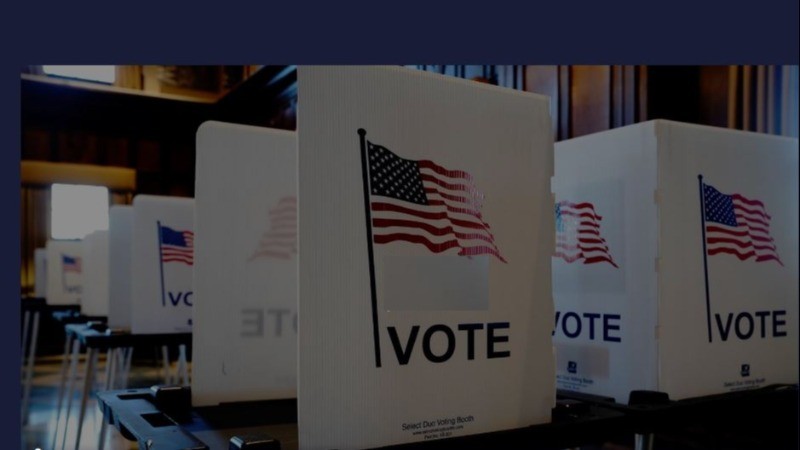
Foreign interference in U.S. elections has advanced significantly since Russia’s divisive online campaign during the 2016 presidential race. Back then, Russian posts on social media were often crude and error-filled, designed primarily to provoke outrage. Now, eight years later, Russia, China, and Iran are using more sophisticated methods that pose a complex threat to American democracy, as noted by U.S. intelligence, tech companies, and researchers.
Disinformation originating from these countries has evolved into a strategic, ongoing campaign. By continuously testing and refining tactics, foreign entities aim to sway certain pockets of the American electorate, potentially impacting the outcome of what is expected to be a close election. According to U.S. intelligence, Russia appears to support former President Donald Trump’s candidacy, while Iran leans toward his opponent, Vice President Kamala Harris. China, however, remains neutral. The overarching objective remains the same: to sow discord and weaken confidence in American democracy.
Widespread Influence Across Platforms
In 2016, Russia’s disinformation primarily targeted Facebook. Now, Russia, China, and Iran utilize numerous platforms to disperse their influence, reaching Americans on small forums, special-interest chat groups, and niche messaging channels. Russia has been particularly active on Telegram, posting inflammatory videos, memes, and articles related to the election. China has focused on student groups, attempting to stoke campus tensions over international conflicts, while both countries use Gab to promote conspiracy theories.
Additionally, Russian operatives have reportedly tried to boost Trump’s image on Reddit and other forums popular with the far right, with a particular focus on swing states and Hispanic American communities, according to recent documents from the U.S. Department of Justice. China’s state-influenced campaign, known as Spamouflage, uses fabricated profiles, like one named “Harlan,” to produce conservative content that appears American in origin across YouTube, X, Instagram, and TikTok.
Precision Targeting of Key Demographics
Today’s disinformation campaigns are notably more targeted, zeroing in on specific swing state districts and niche groups. For example, Iran has created several media outlets, such as “Not Our War” and “Afro Majority,” to appeal to U.S. military veterans and Black Americans, respectively. The outlet “Savannah Time” focuses on conservative voters in Georgia, while “Westland Sun” targets Arab Americans in Michigan, showcasing Iran’s nuanced understanding of the political landscape in the U.S.
Similarly, China and Russia are tailoring content for different demographic segments. This year, Chinese state media spread false narratives about the Supreme Court in Spanish on social platforms, which quickly circulated among Spanish-speaking users on Facebook and YouTube. Microsoft’s Threat Analysis Center recently reported that accounts linked to China’s Spamouflage targeted Republican candidates in Alabama, Tennessee, and Texas by posing as Americans.
The evolution of these disinformation campaigns underscores the challenges the U.S. faces in protecting the integrity of its elections. By adapting to new platforms and sharpening their messaging, Russia, China, and Iran are determined to influence American public opinion, making the 2024 presidential race a focal point of foreign interference.